The Future Summit 2024 is a crucial opportunity to move the world out of crisis and deadlock, and to reflect on efforts to reform the United Nations (UN).
That is the opinion of Mr. Hoang Sieu* in the article "Revitalizing the UN General Assembly, Improving the Efficiency of the Security Council, Discussing the Challenges of AI: The Future Summit Responds to Major Changes of the Era" published on The Paper on September 22.
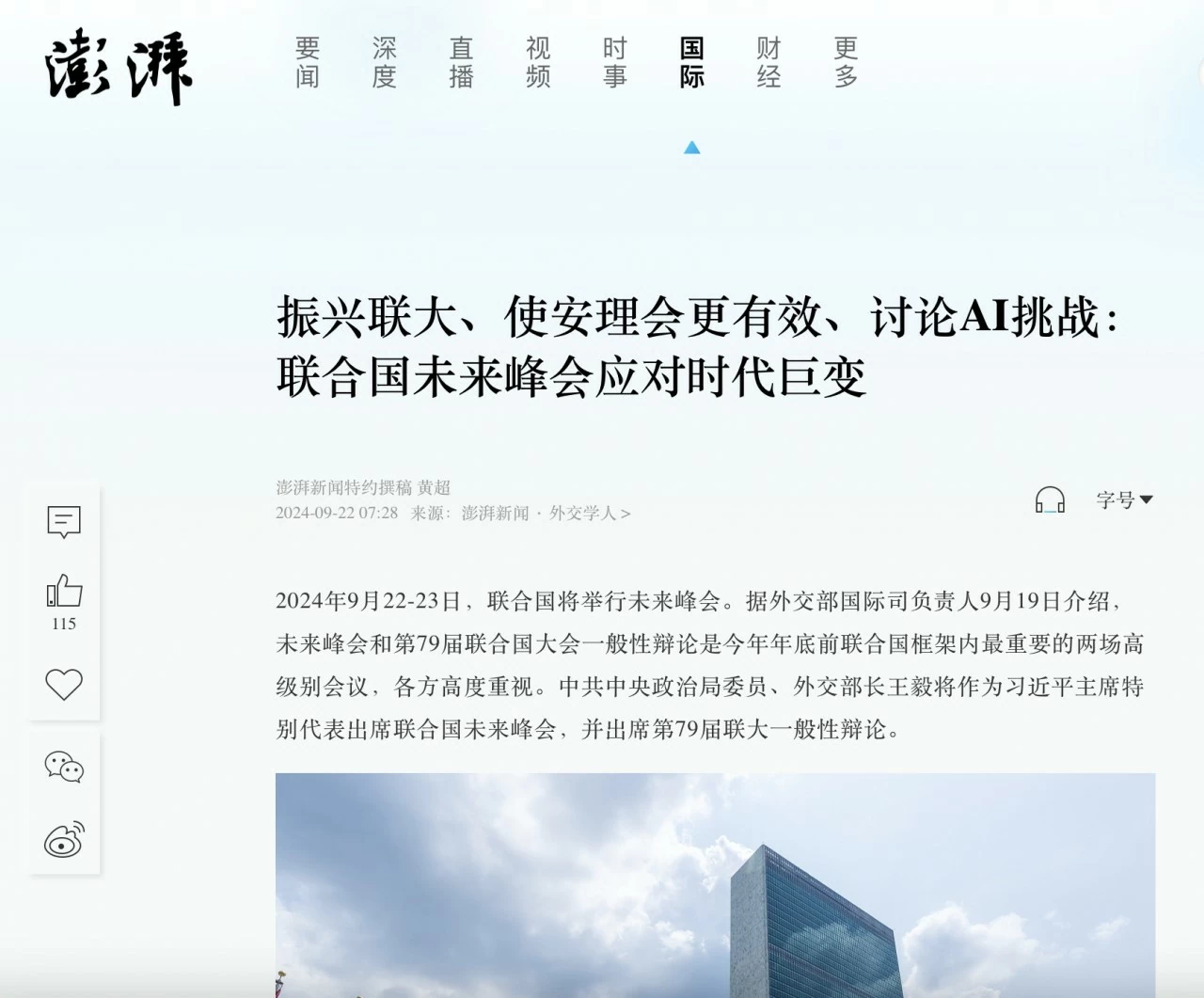 |
| Article by author Hoang Sieu posted on The Paper on September 22. (Screenshot) |
Today, the world is at a crossroads. Threats such as the climate crisis, conflicts, food security, weapons of mass destruction, health crises, and risks associated with new technologies are increasing.
In September 2021, UN Secretary-General António Guterres released the “Our Common Agenda” report, calling for accelerating the implementation of the sustainable development goals. One of the most important recommendations of the report is to organize a Future Summit to agree on measures to implement the commitments made.
In September 2022, the General Assembly adopted resolution A/RES/76/307, deciding to hold the Future Summit from September 22-23 with the theme "Multilateral solutions for a better future".
Core issues
This Future Summit revolves around five main issues: Sustainable development and financing for development, international peace and security, scientific and technological innovation and digital cooperation, youth and future generations, and global governance reform.
By 2023, the investment gap for the SDGs in developing countries is estimated to be around $4 trillion per year, up 60% from 2019. Developing countries are also finding it increasingly difficult to close the financing gap and need more resources and financial space to achieve these goals. The Future Compact proposes action plans, policies and investments to transform the way the SDGs are financed.
In particular, in the context of increasing violence, from 2022-2023, the number of people killed by conflicts increased by 72%. The Future Pact clearly states that the international security architecture is undergoing profound changes, it is necessary to build a new collective security system to better prevent, manage and resolve traditional and emerging conflicts. It is necessary to further strengthen cooperation between countries and globally to prevent conflicts, protect civilians, move towards a nuclear-free world, and prevent the weaponization of new fields and technologies.
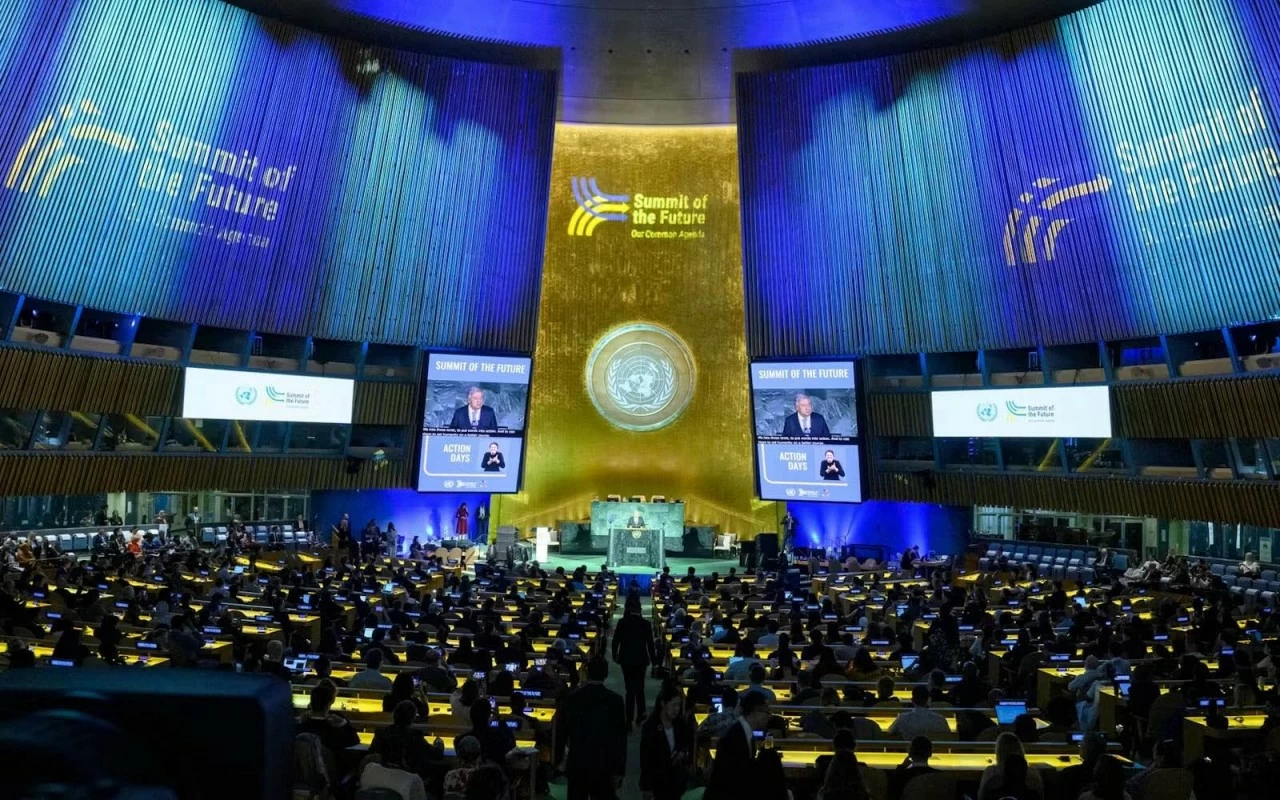 |
| United Nations Secretary-General António Guterres speaks at the Future Summit. (Source: United Nations) |
In addition, the Future Pact emphasizes that digital technology and emerging technologies, including artificial intelligence (AI), are creating dramatic changes in the world, opening up great potential for human development.
However, the digital divide between countries is also growing, so there is a need to increase policy exchanges, knowledge sharing, technology support and funding sources for developing countries to enhance their science, technology and innovation capabilities.
The Global Digital Compact addresses the opportunities and risks posed by emerging technologies, including AI. It sets out five main objectives: closing the digital divide, enhancing the inclusiveness of the digital economy, building a safe and open digital space, promoting equitable digital governance, and strengthening international regulation of new technologies. This will ensure that AI and digital technologies are used equitably, close the digital divide between countries, and prevent misuse of digital technologies.
The Future Compact also affirms the role of youth, calling for the systematic and effective participation of young people in national and international decision-making processes, and promoting equal opportunities for young people. The Declaration on Future Generations commits to eliminating all forms of gender discrimination, promoting cultural diversity, and investing in high-quality education for future generations.
The Future Pact recognizes that the multilateral system established after World War II is facing unprecedented pressure and needs global governance reform to renew it.
In the field of international security, the UN needs to focus on pre-conflict foreign policy and post-conflict humanitarian relief, overcoming limitations in resolving disagreements between major powers.
In addition, it is necessary to strengthen the connection between the UN with the World Bank (WB) and the International Monetary Fund (IMF) to connect global capital flows with international peace-building efforts.
In particular, it is necessary to promote the Bretton Woods system to increase the voice of developing countries, narrow the financial gap, promote debt relief, strengthen the financial safety net, and call on developed countries to fulfill their commitments to finance climate.
Trying to keep up with the times
In addition to planning for the “future” to respond to global challenges and restore multilateralism, the Future Summit also reflects the UN’s own efforts to adapt to current world developments.
In 1945, the UN was established with the mission of maintaining international peace and security. After 80 turbulent years, the world has now "put on a new coat of clothes", forcing the world's largest multilateral organization to face more modern challenges. Currently, competition and rivalry between major powers have limited the role of the UN. The 2024 Geneva Peace Summit raises questions about the role of the UN and the Security Council in international peace and security.
In addition, rapidly evolving global issues make it difficult for the UN’s mechanisms and organizations to respond effectively. Specifically, climate change is becoming increasingly urgent, along with risks from artificial intelligence.
At the time of the UN’s founding, developing countries were largely focused on maintaining their independence and autonomy. However, 80 years later, countries want to have a voice in major multilateral organizations that promote fairness and justice in global governance.
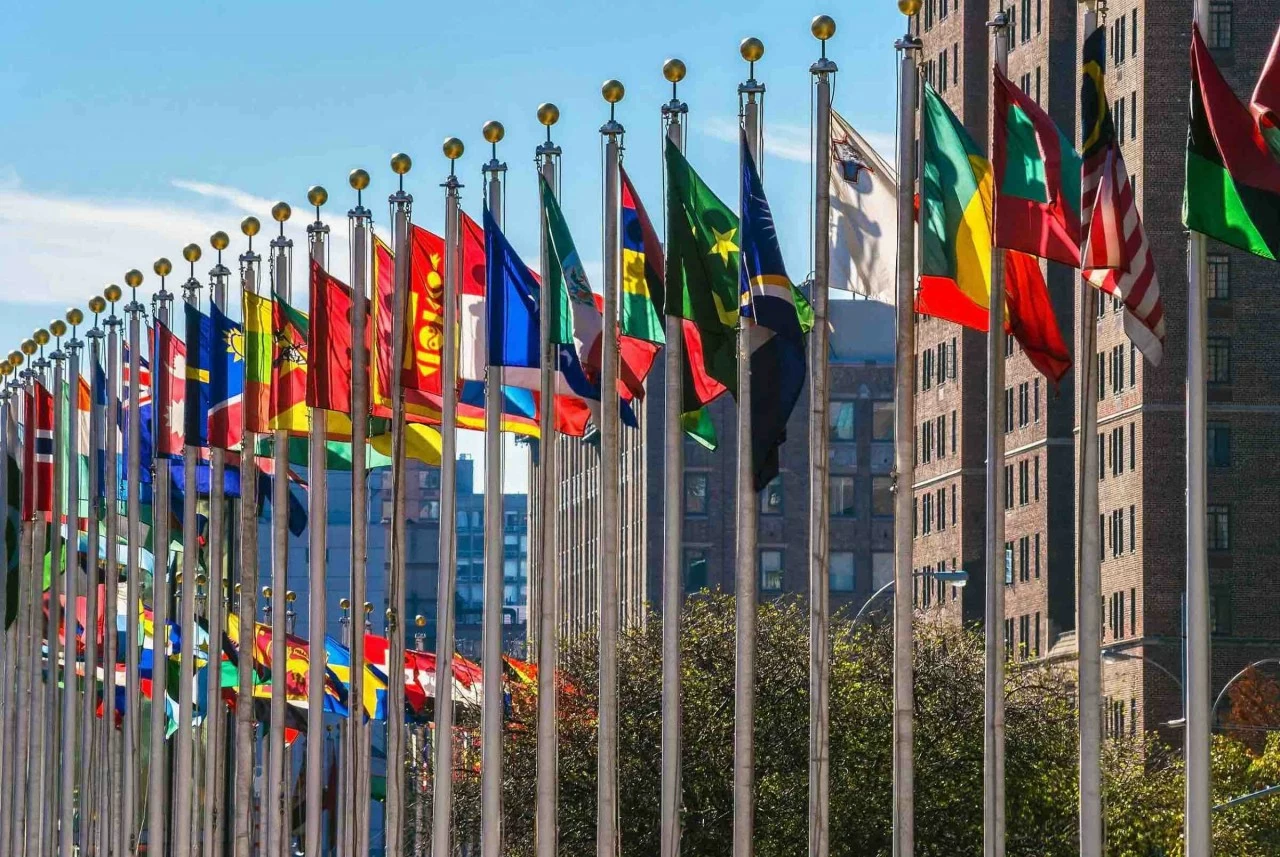 |
| Now, the world is “putting on a new coat”, forcing the UN to face more modern challenges. (Source: The Paper) |
Faced with these changes and challenges, the UN needs to find ways to maintain its effectiveness in its operations, and the Future Summit is a bold effort to transform. First, the UN promotes a “future pivot” with three main pillars, considering issues such as climate change, artificial intelligence and digital technology as top priorities. The summit not only predicts and envisions the future, but also puts important elements on the UN agenda.
The UN is also working to reform and empower developing countries. A core objective of UN 2.0 is to modernize the UN system through advanced technologies and cultural innovation, emphasizing the importance of capacity building in areas such as data, innovation, digitalization, forecasting and behavioral sciences.
In addition, the Future Compact also sets out a series of measures to enhance the effectiveness of the UN, including revitalizing the General Assembly, improving the effectiveness of the Security Council, strengthening the Economic and Social Council, and enhancing the activities of the Peacebuilding Commission. These efforts are all aimed at reforming and upgrading the UN.
The Future Pact also focuses on reforming the international financial governance system, especially international financial institutions and multilateral development banks such as the IMF and the World Bank, thereby increasing the representation of developing countries and helping them access appropriate sources of capital.
In a complex world, the Future Compact is not just a call but a concrete plan of action to reaffirm the role of the UN in building a peaceful, just and sustainable world. The focus on issues such as sustainable development, digital technology and the role of youth reflects a vision of the future that emphasizes the role of global cooperation.
Only when nations stand up and innovate together can the world overcome current challenges and move towards a better future for humanity. The Future Summit 2024 is truly a precious opportunity for all parties to discuss, share and look towards a promising future together.
* Mr. Hoang Sieu is a world economic researcher at the Shanghai Academy of Social Sciences, China.
Source: https://baoquocte.vn/chuyen-gia-trung-quoc-hoi-nghi-thuong-dinh-tuong-lai-duoc-ky-vong-dap-nhung-thay-doi-lon-cua-thoi-dai-287523.html



![[Photo] President Luong Cuong receives delegation of the Youth Committee of the Liberal Democratic Party of Japan](https://vstatic.vietnam.vn/vietnam/resource/IMAGE/2025/8/22/2632d7f5cf4f4a8e90ce5f5e1989194a)



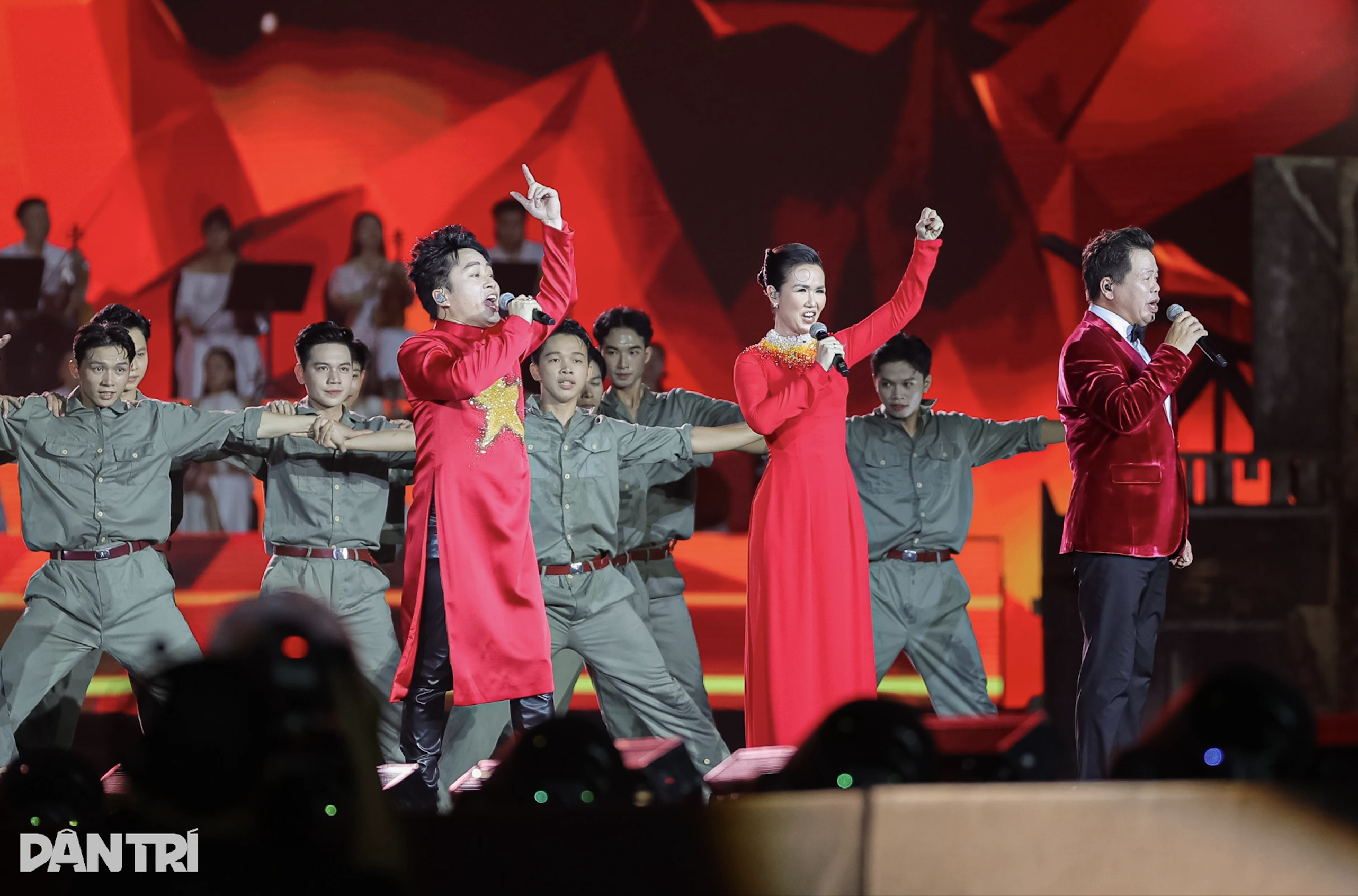

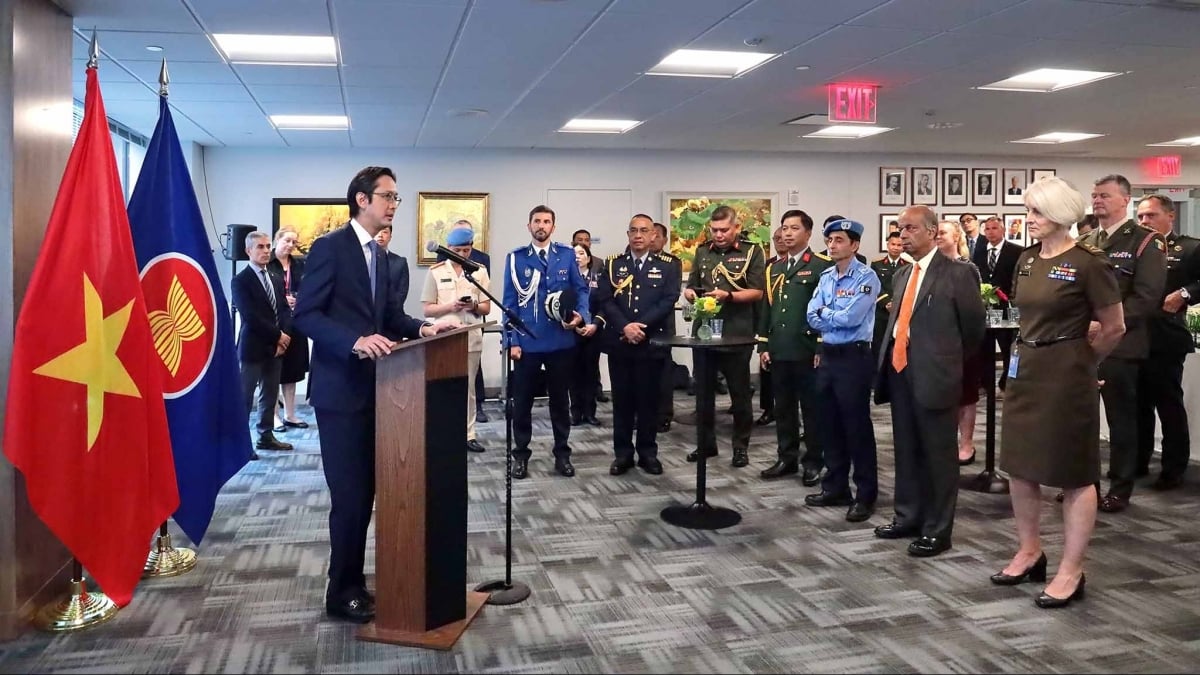




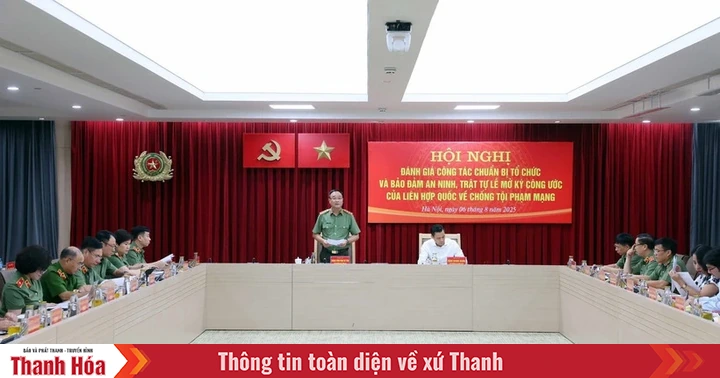
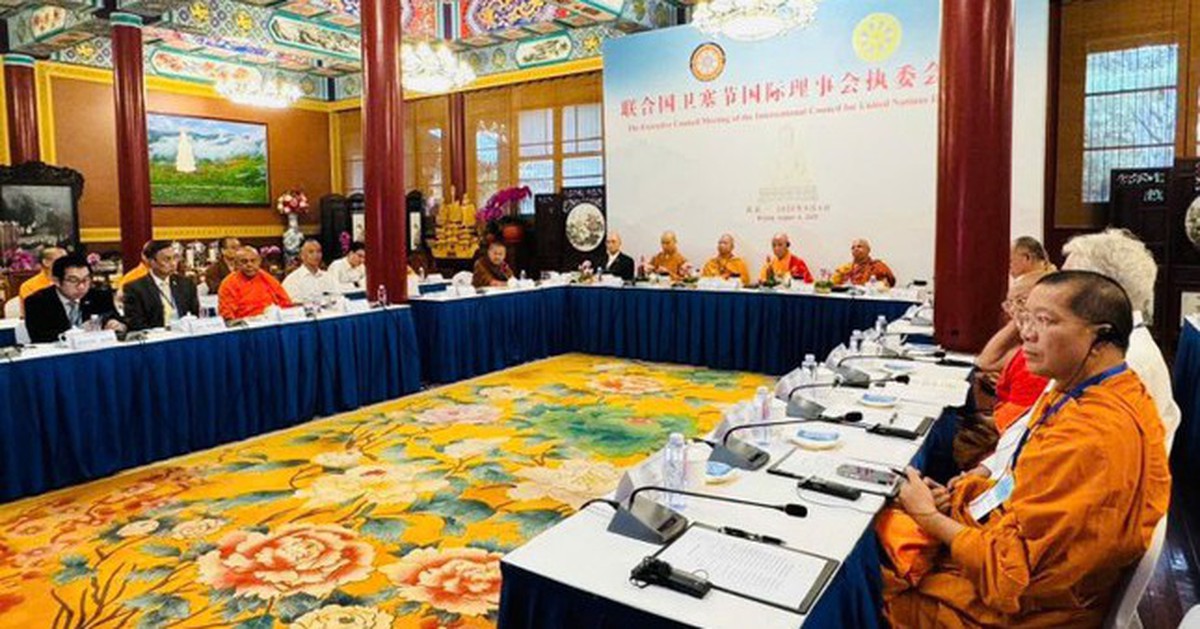

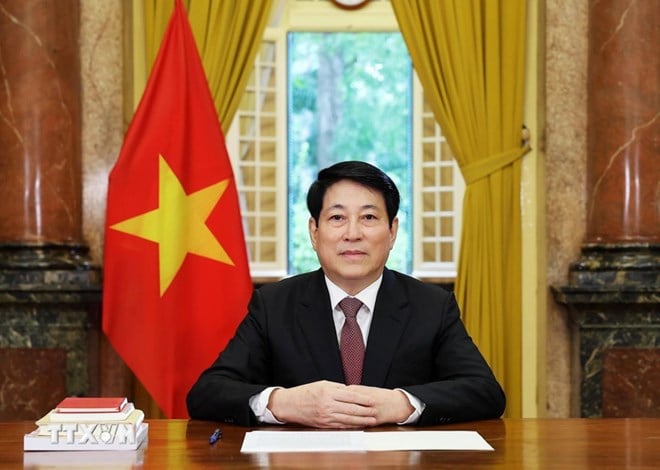

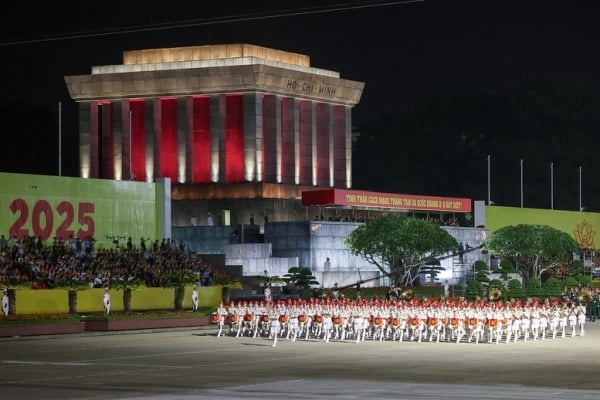

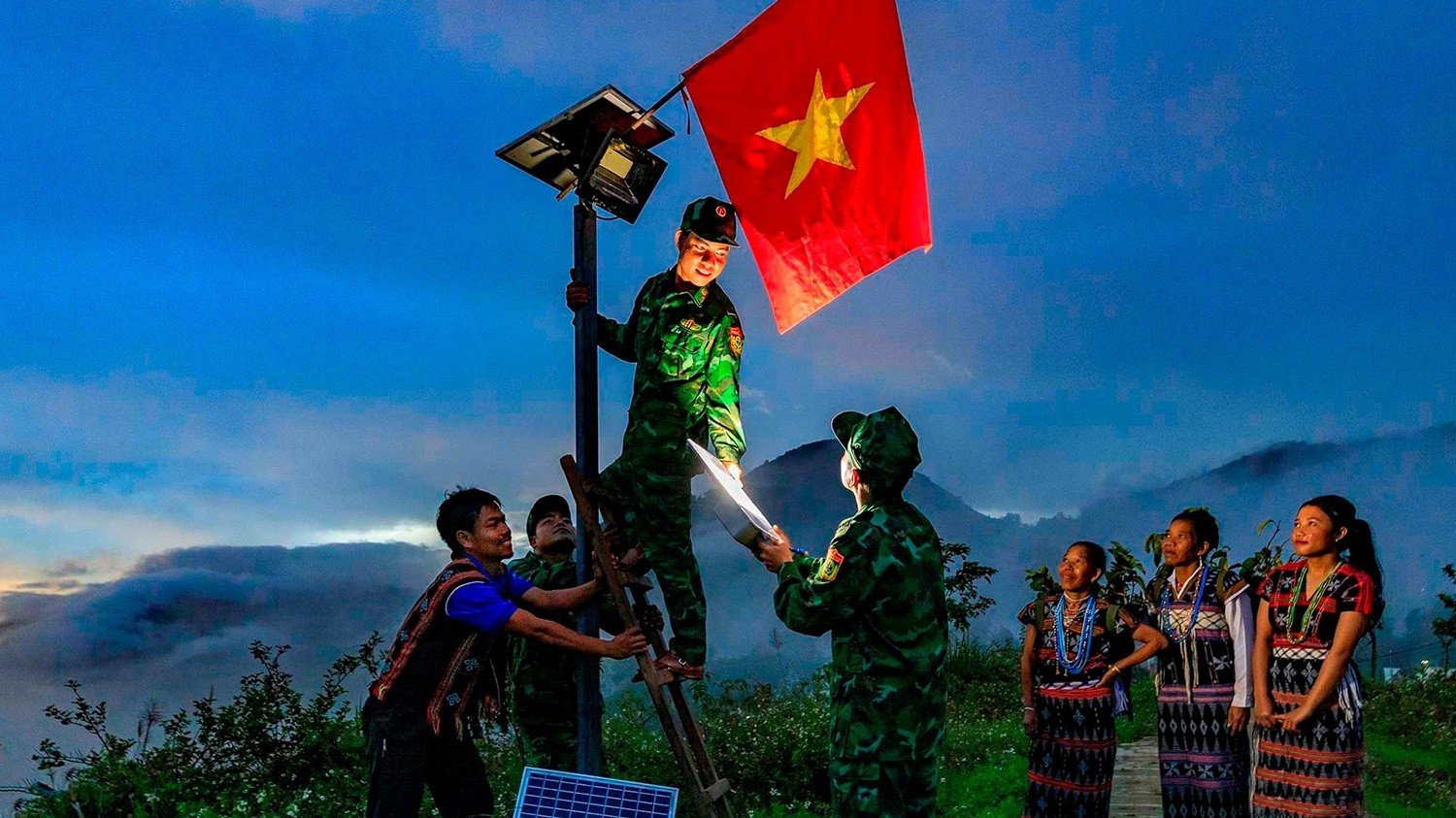
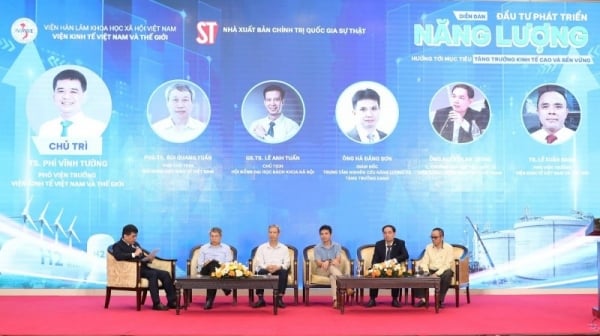
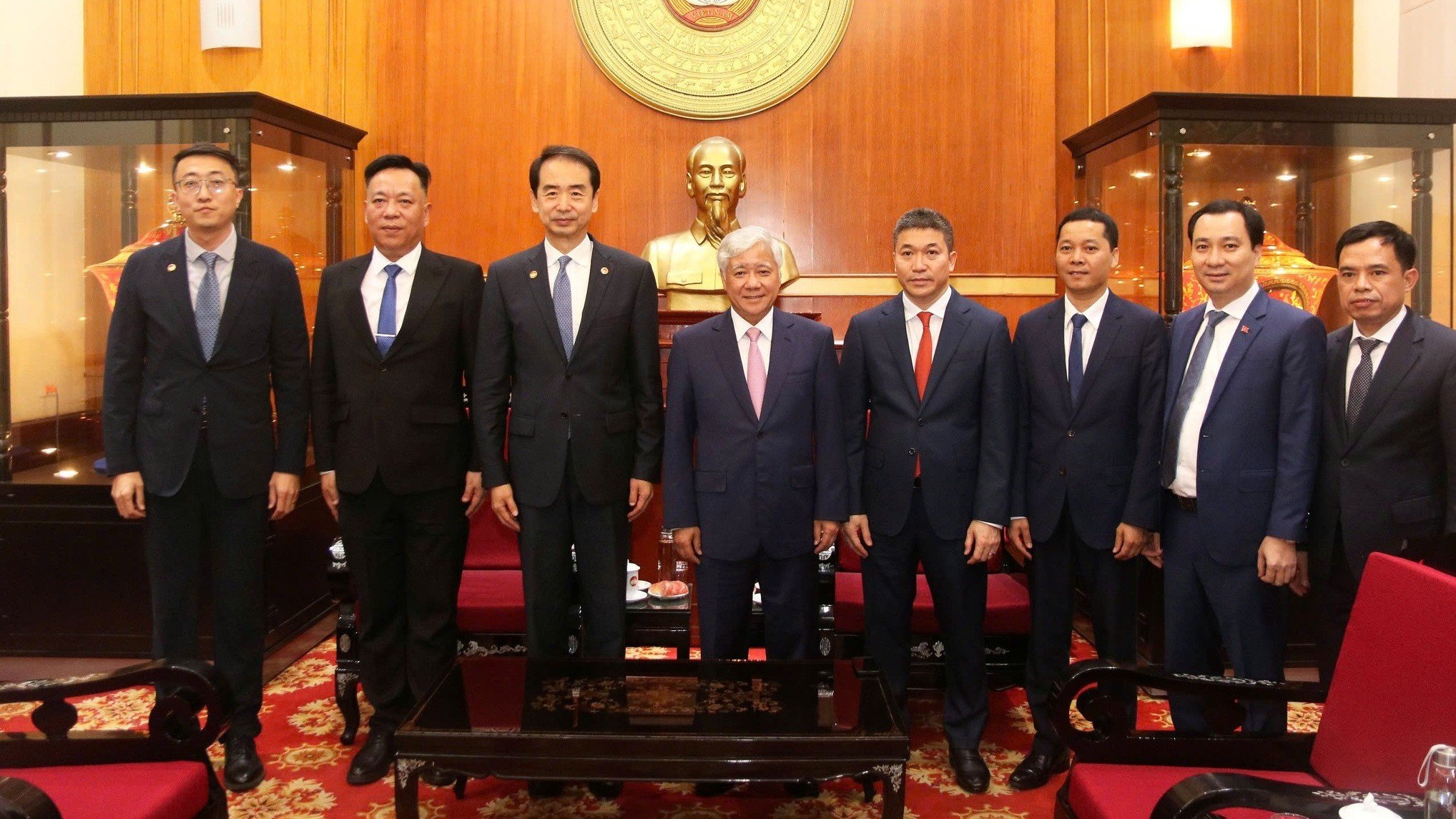
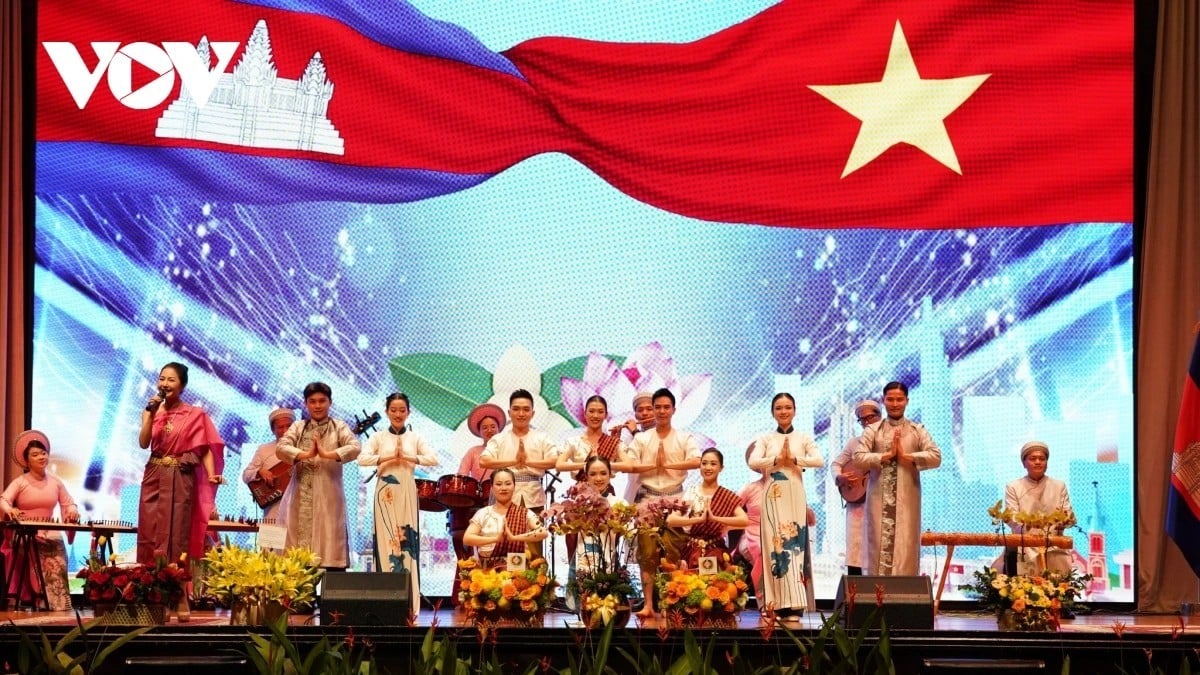
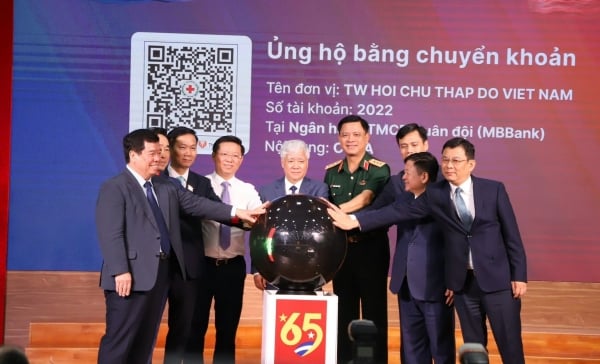



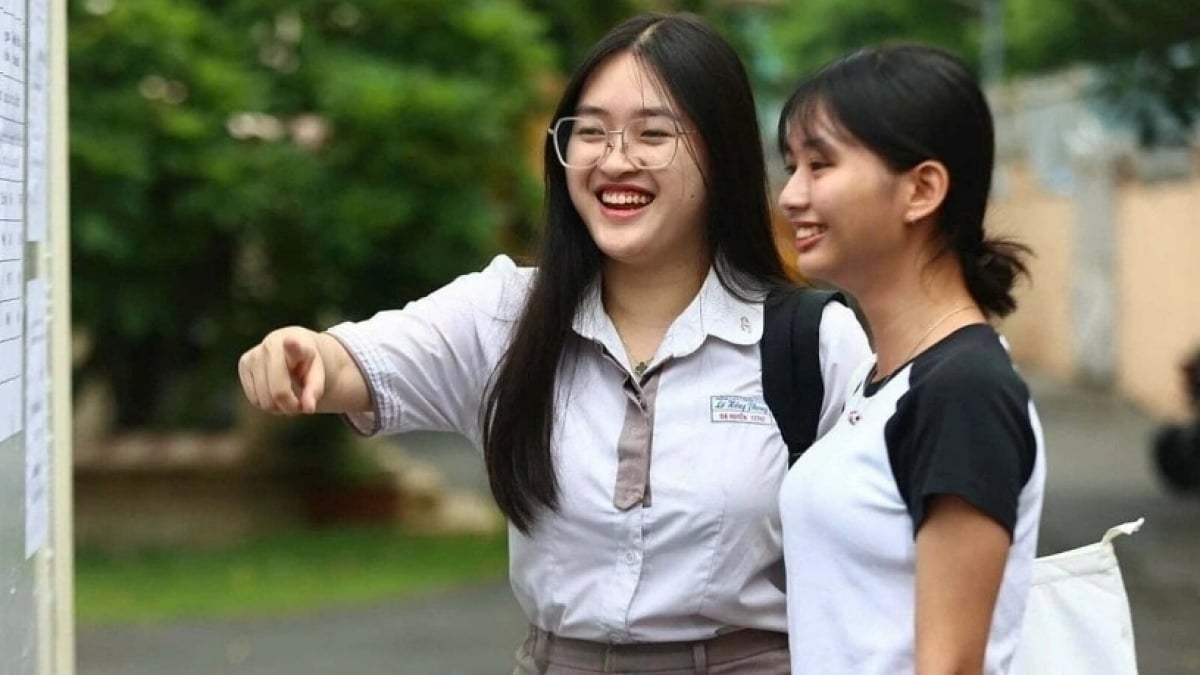
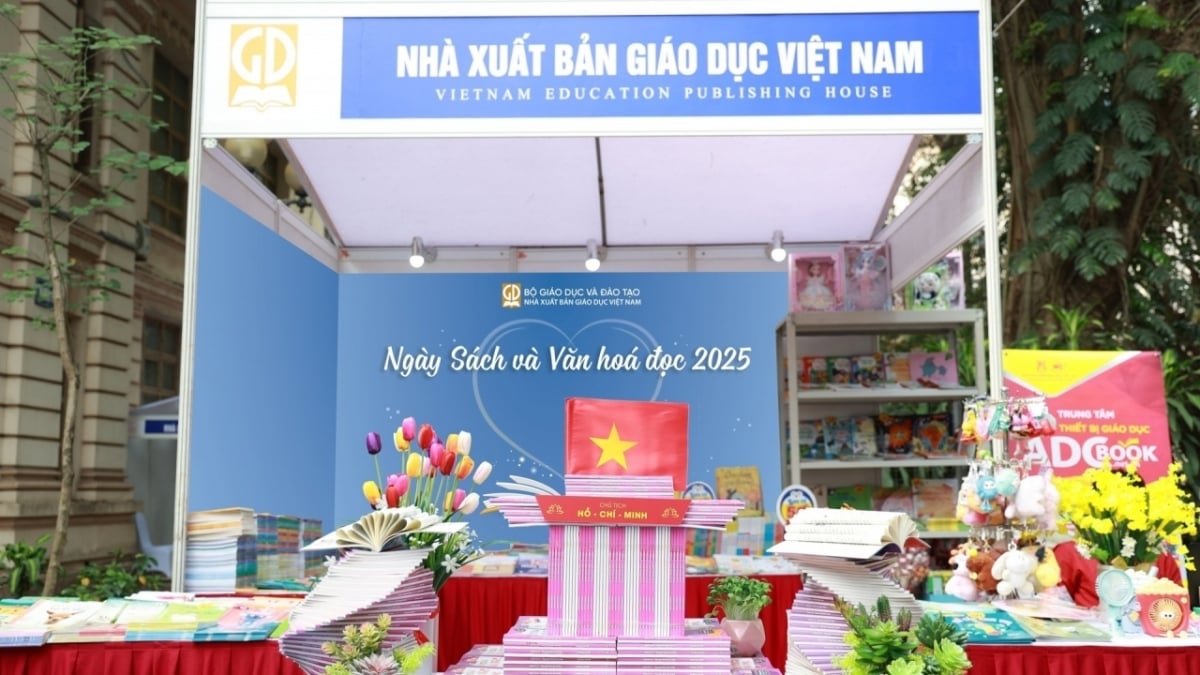
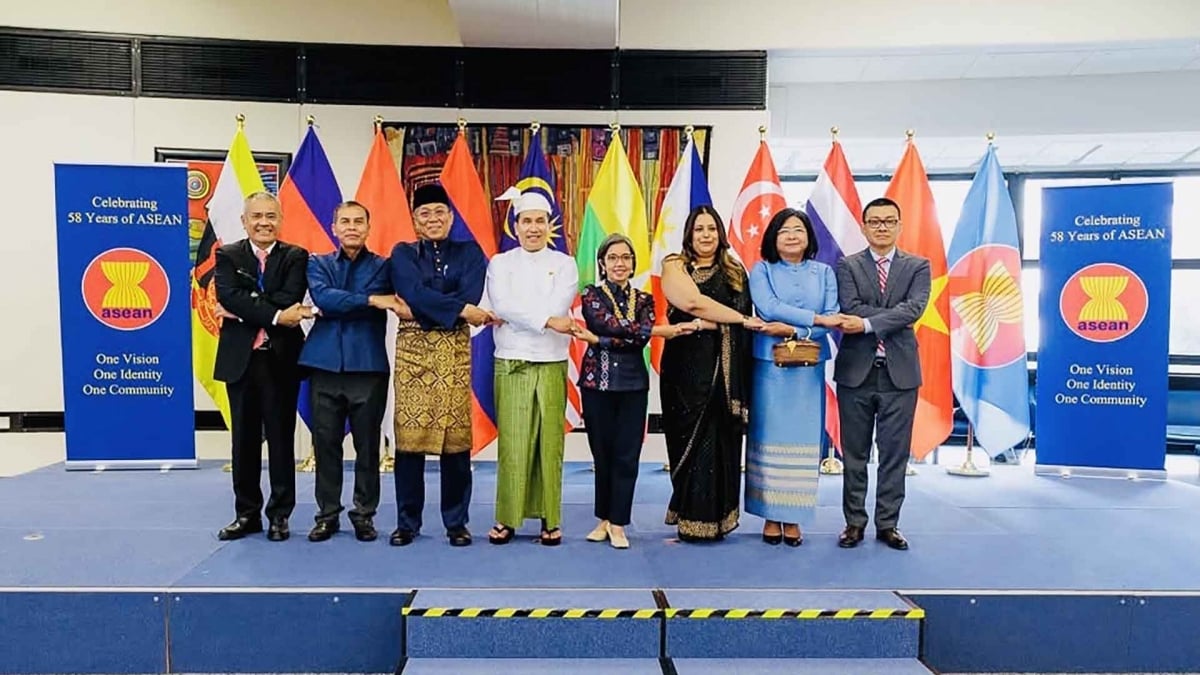
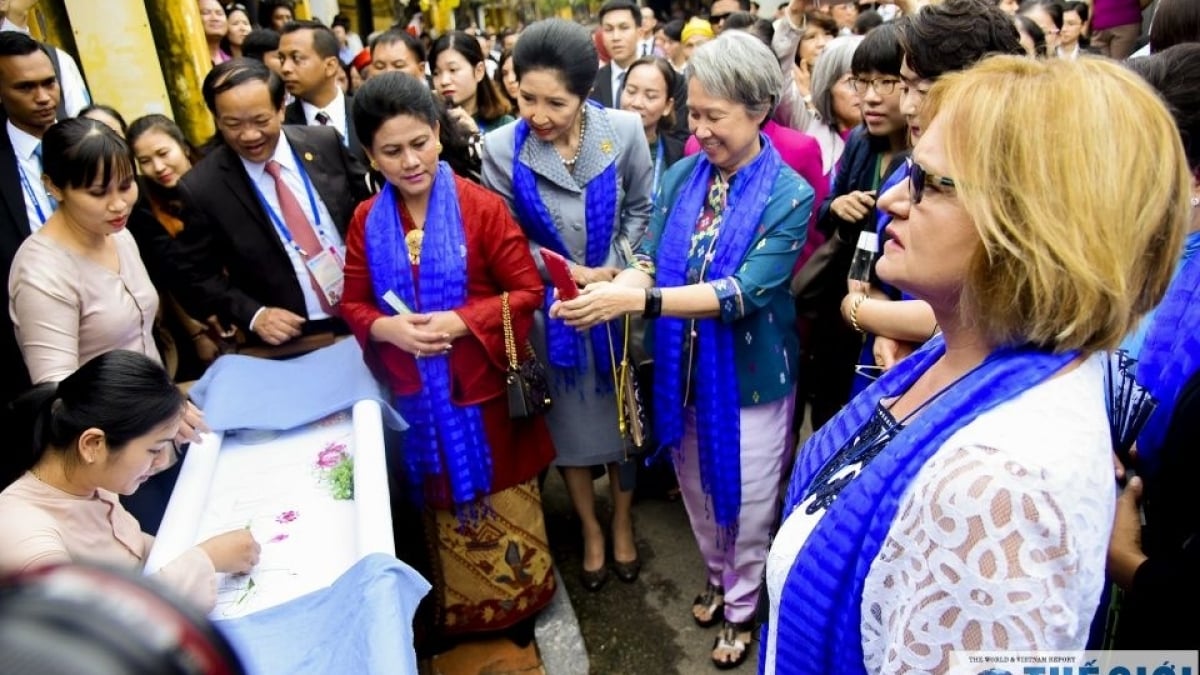
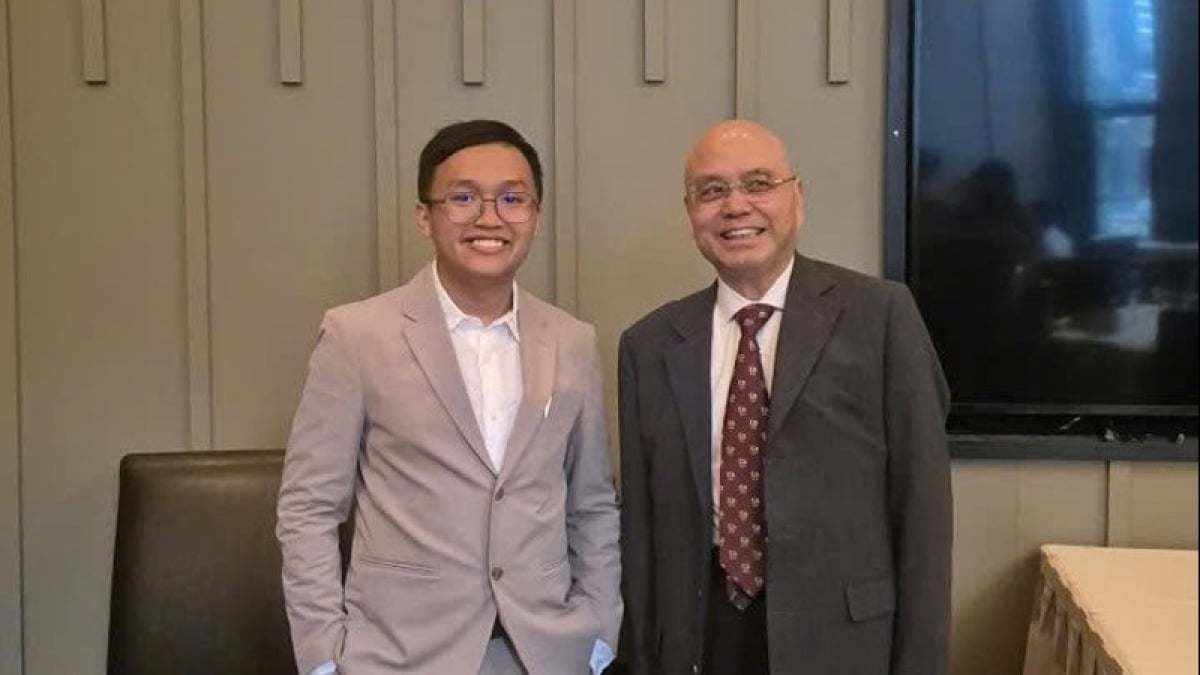
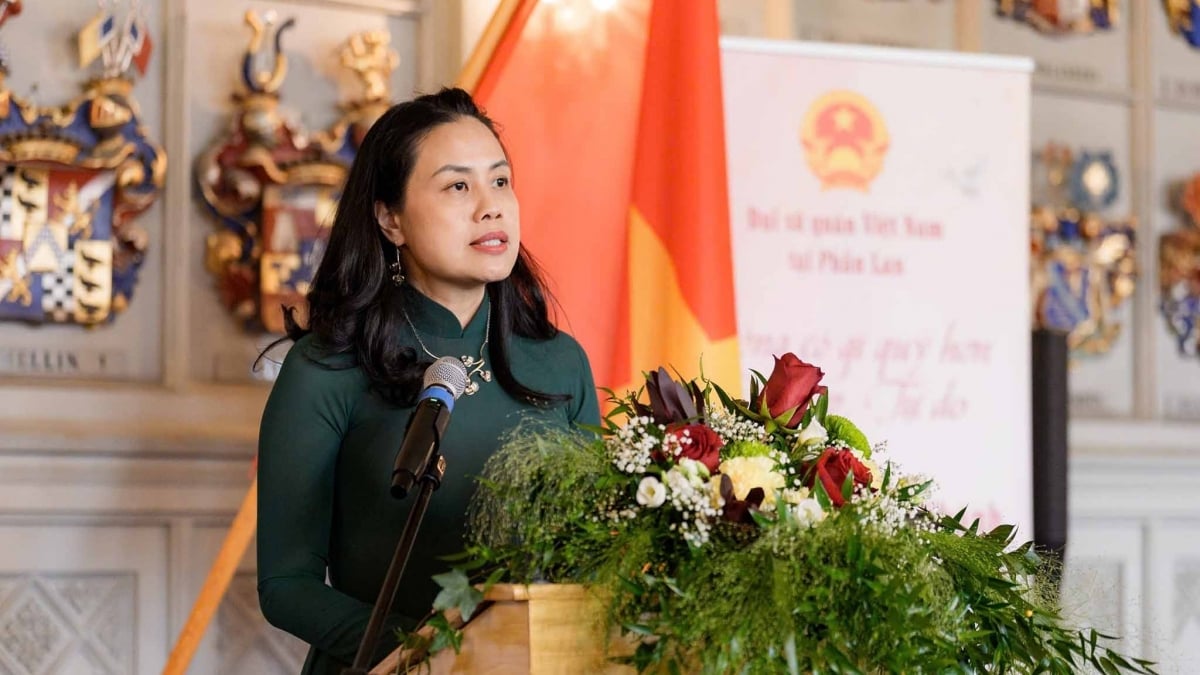
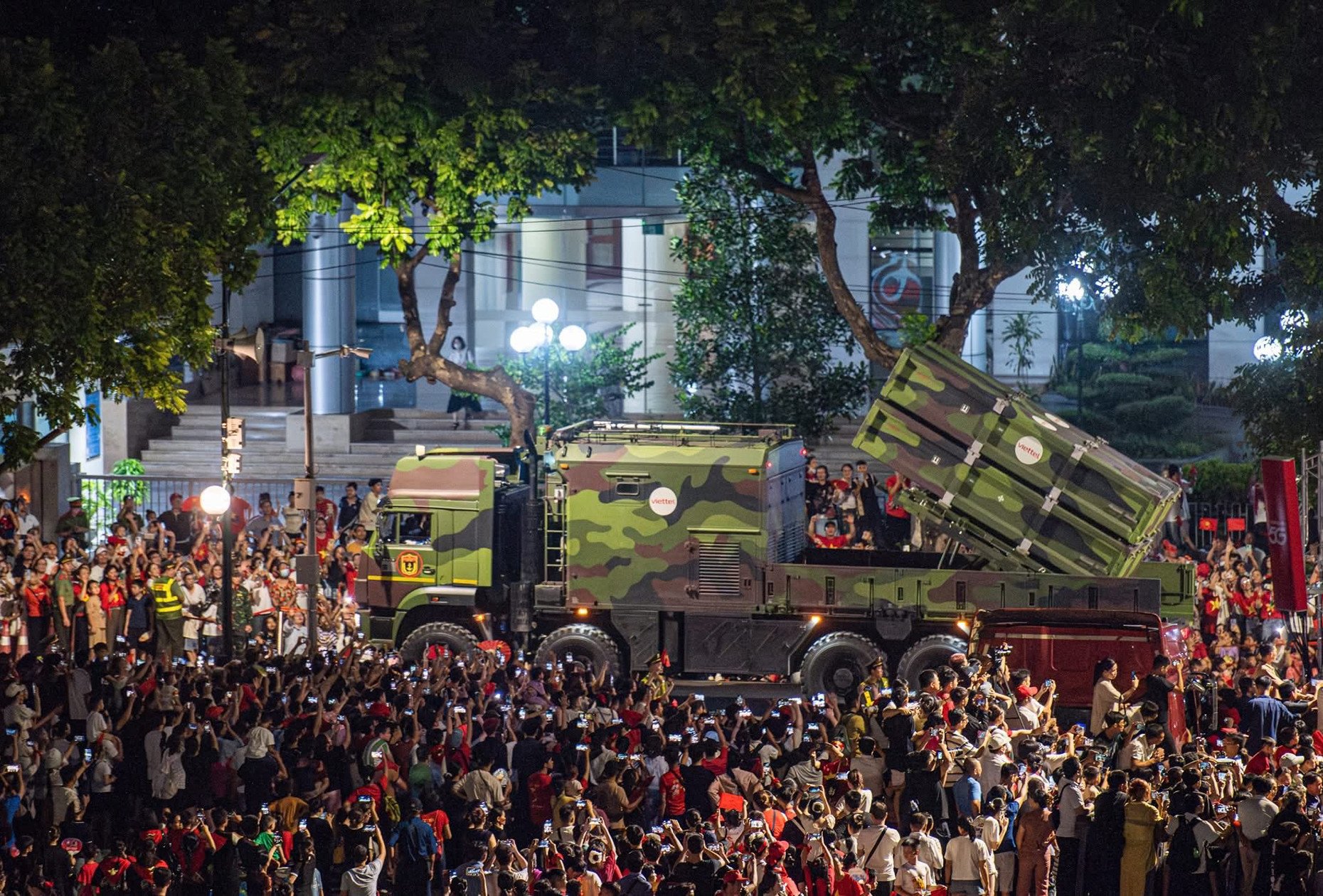

















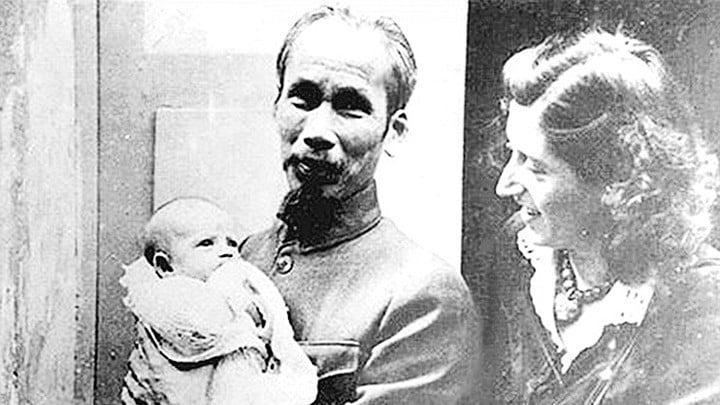










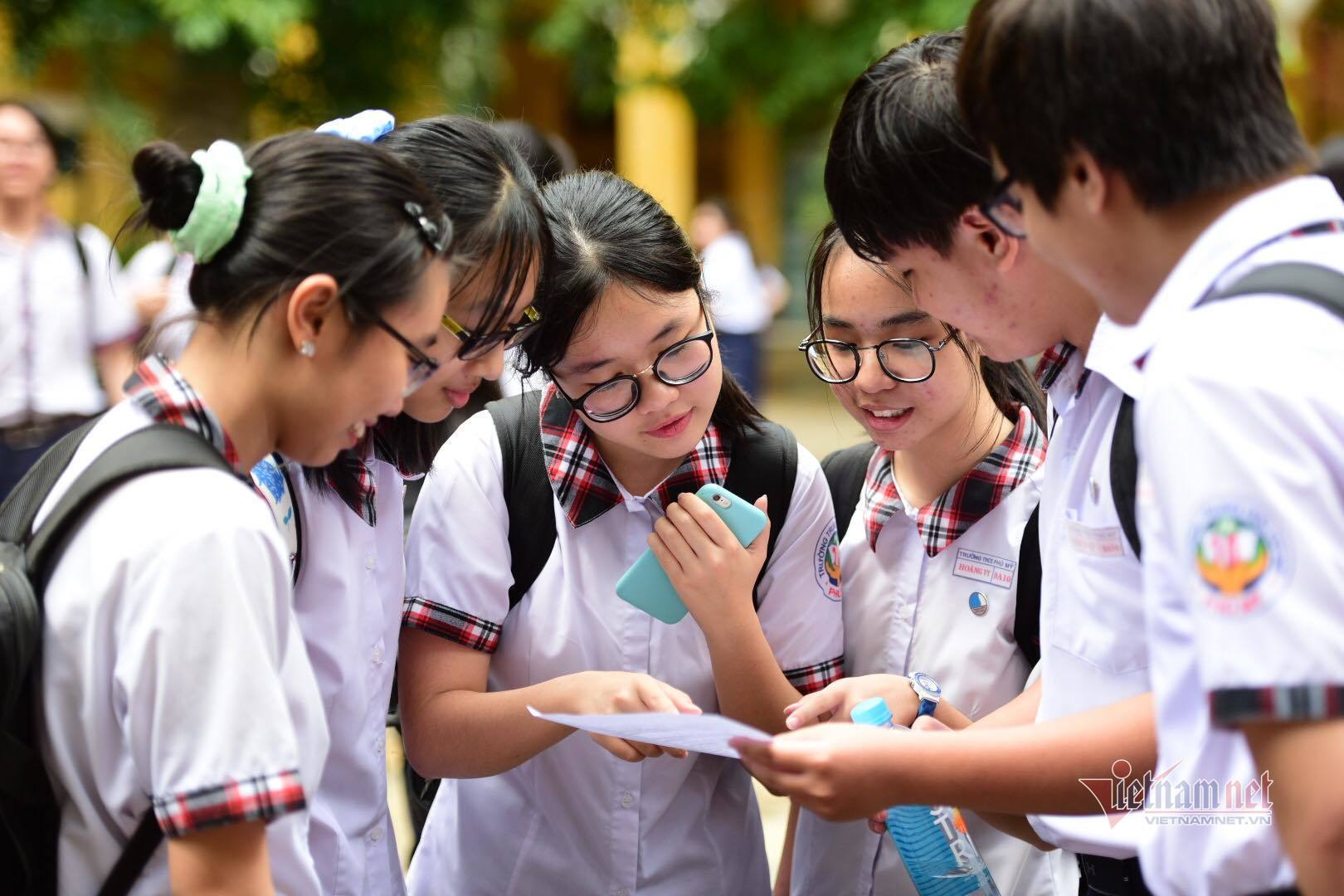










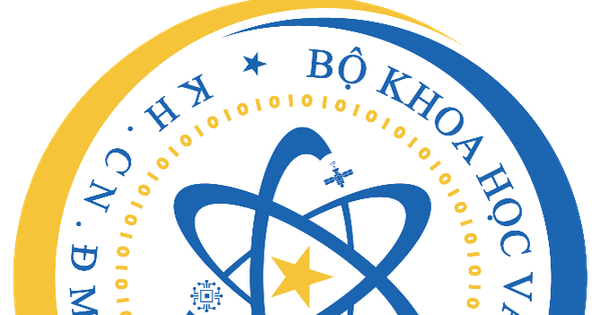



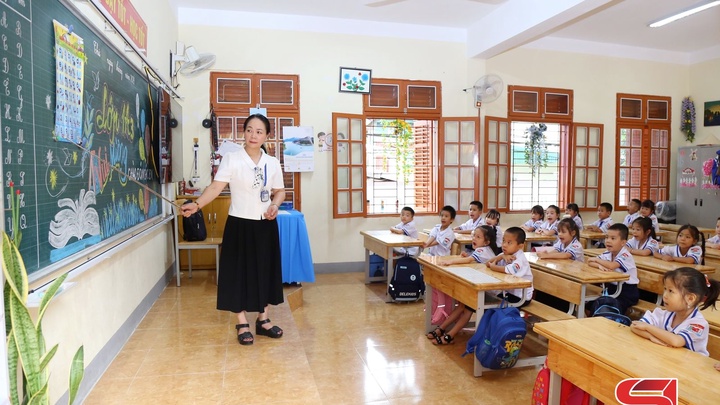

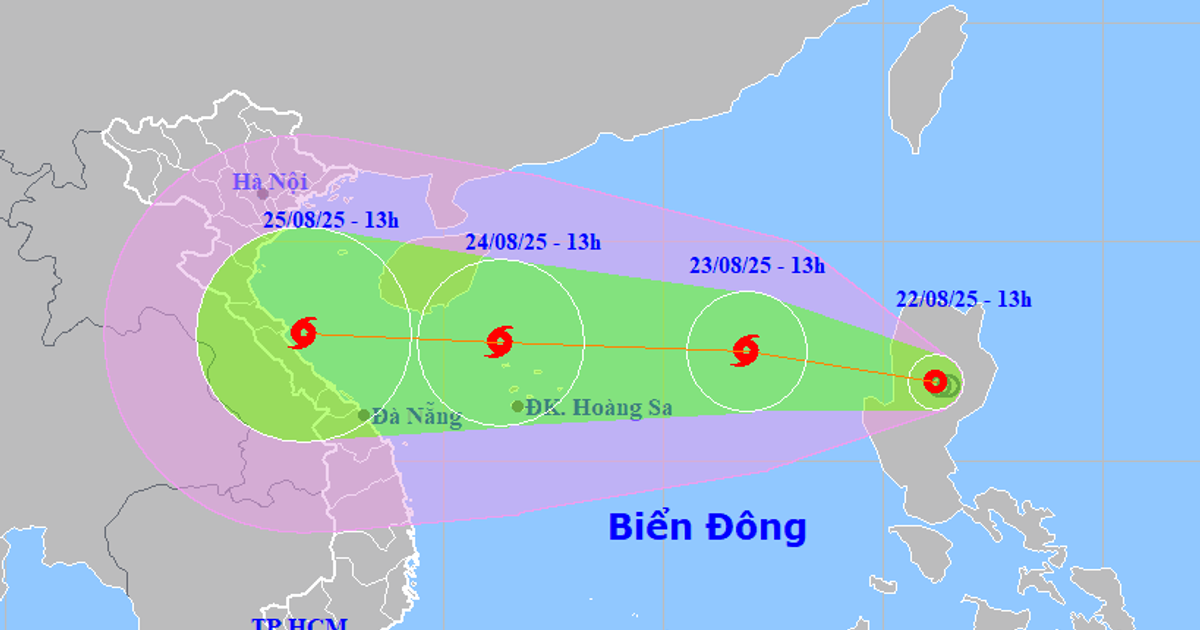

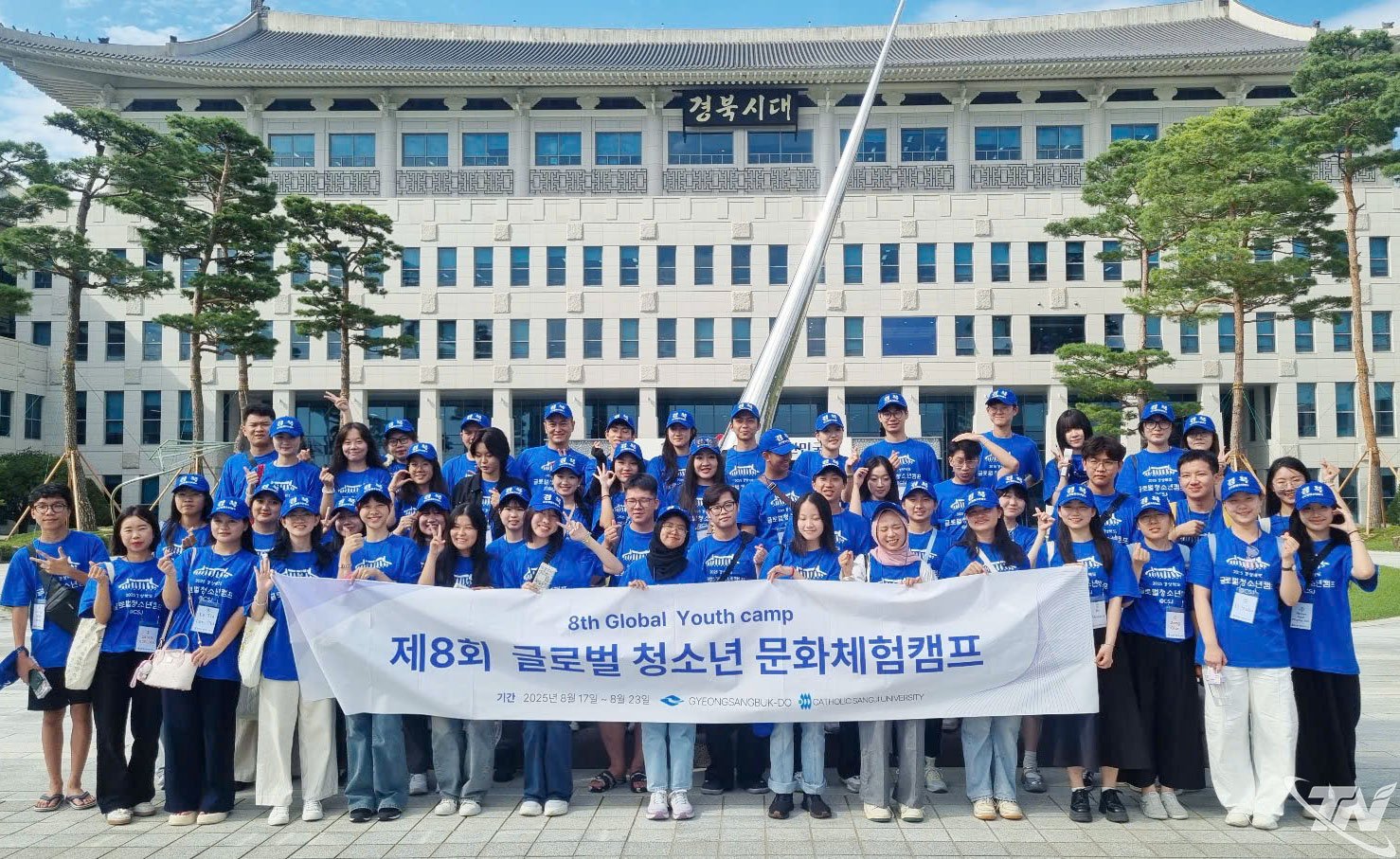

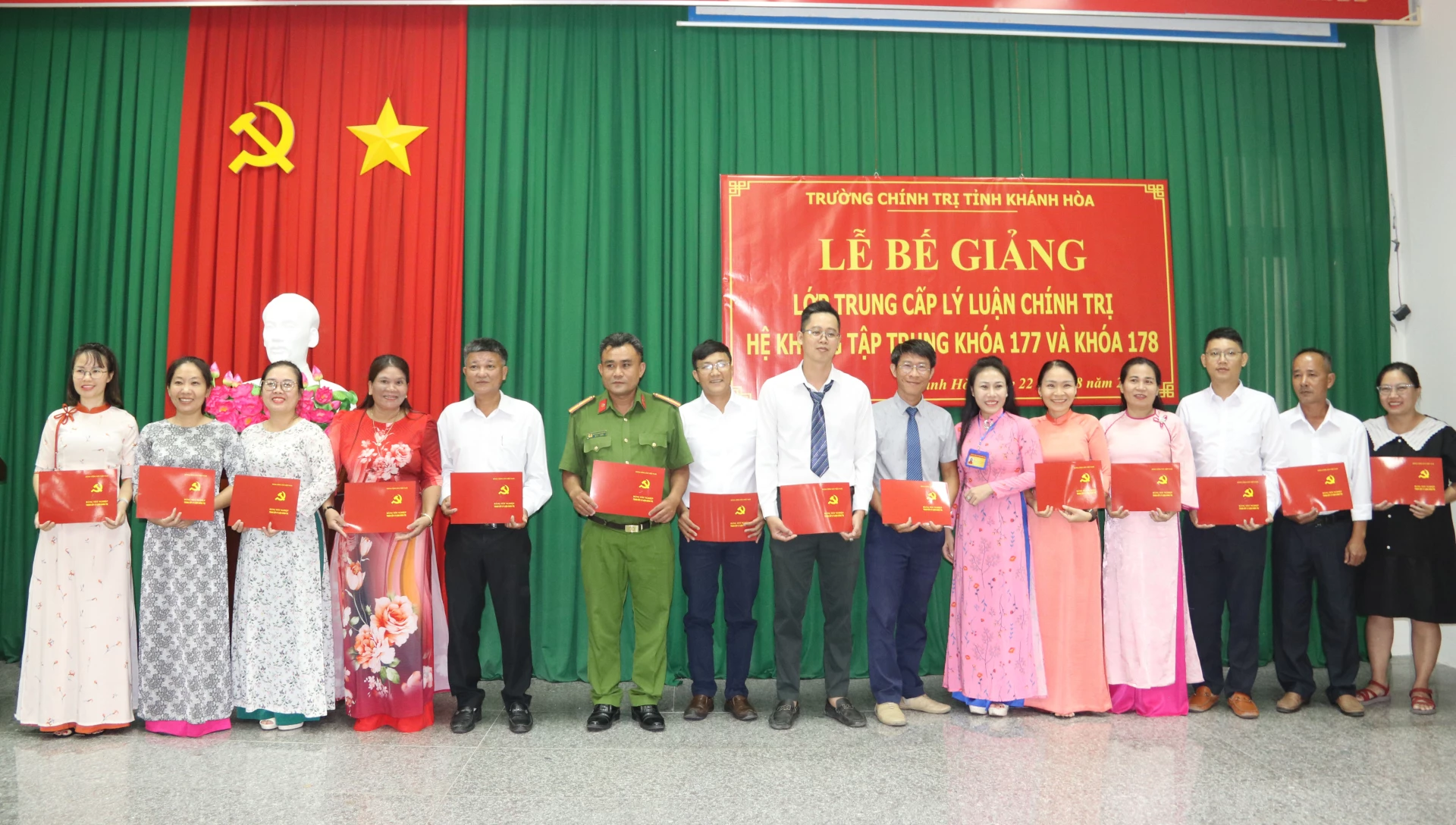

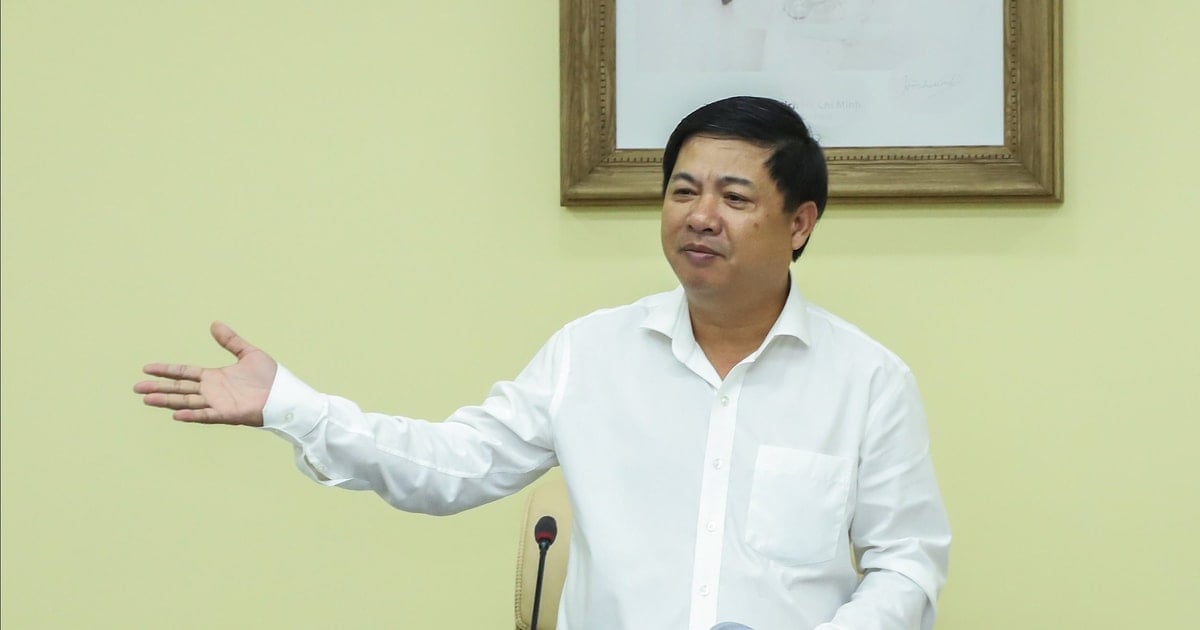








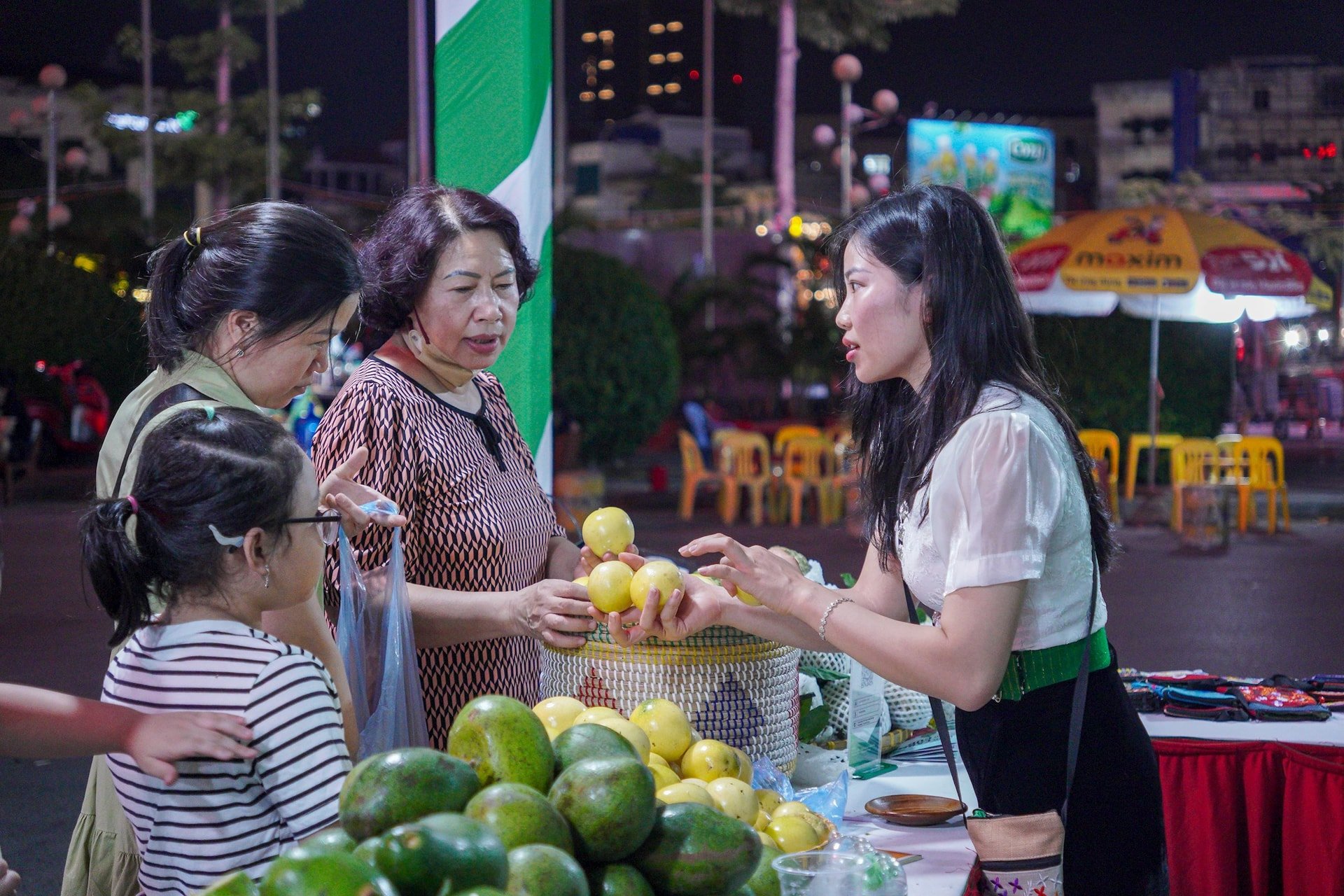






Comment (0)